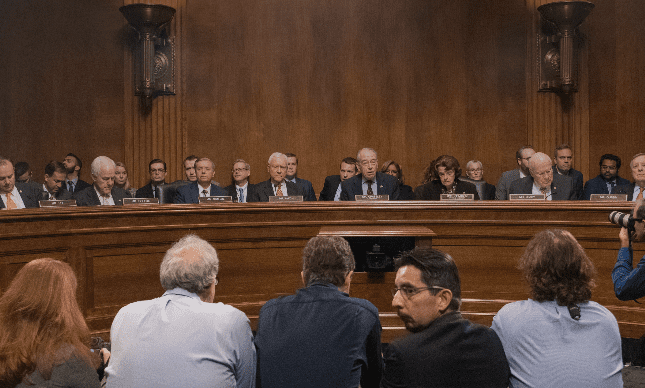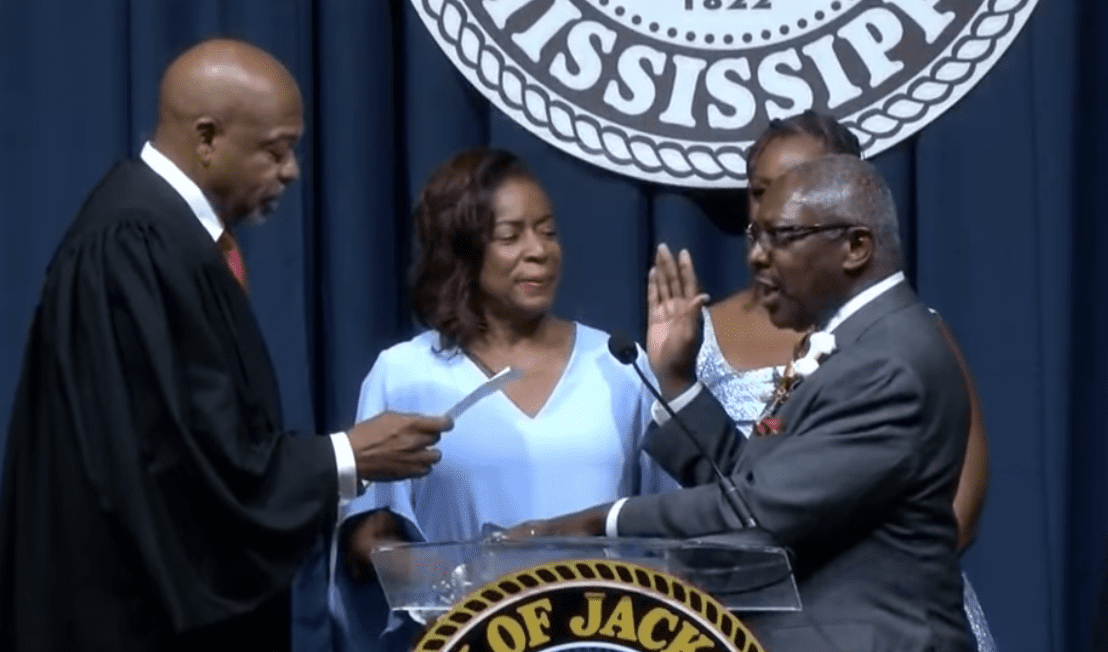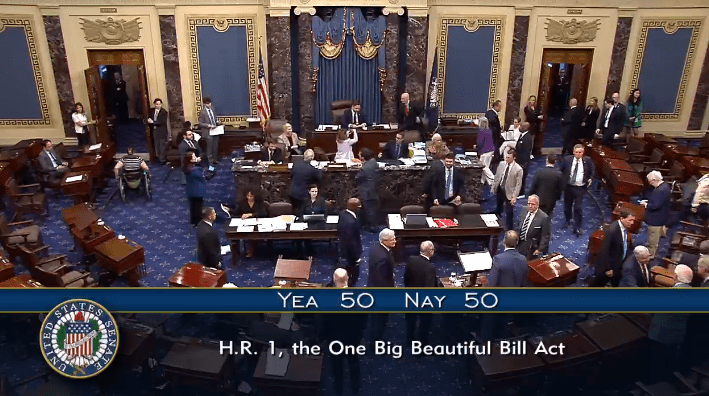This was transcribed from Rep. Mark Baker’s Facebook page (with permission)
In reply to various claims in opposition to a state lottery.
Claim #1. The money used to purchase lottery tickets is disposable income and accordingly the money that goes into the lottery essentially comes out of money that would otherwise be spent via consumer items subject to sales tax. In essence, the claim is the lottery is just a transfer payment.
The flaw of this argument is the assumption that consumers purchasing lottery tickets would have otherwise used this disposable income to make expenditures subject to sales tax. The argument further fails to acknowledge that the state allocates the collection of revenue regarding lottery sales and can build a sales tax recovery component into each ticket sold.
Claim #2. Lottery participation disproportionately comes from socioeconomically depressed areas.
This argument is unsupported by the myriad of studies which considered the impact of state lotteries. A consistent finding is that 50% or more of players buy tickets where they work and shop and not necessarily where they live. Implicit in the disproportionate socioeconomic argument is that lottery purchases are made mostly by those having lower incomes. The credible data indicates otherwise. For example, the 2015 Demographic Summary of the Arkansas Lottery for FY ending June 2016, reflects that those that play the lottery do so in virtually identical proportion of their socioeconomic status. The consistent findings are that the wealthiest and poorest were least likely to play.
In one Gallup Poll on Gaming in America, 57% of adults had bought a lottery ticket in the prior 12 months and;
* Those with $45,000 – $75,000 incomes were most likely to play and 65% had played in the past year.
* Those with incomes less than $25,000 were least likely to play (53%).
* Those with incomes more than $75,000 spend about three times as much on lotteries each month as those with incomes under $25,000.
Claim #3. Unlike Casino gaming, lotteries have no history of creating jobs or wealth in any meaningful form.
This argument ignores the reality that for casinos to operate, the volume of spending has to be considerably higher, so comparing the spending in casinos to the spending on lottery tickets is like comparing apples and oranges. Moreover, the argument is simply incorrect about the money not benefiting anyone. This argument ignores the small stores and small business owners who sell the tickets, provide advertising, and professional services including auditors and accountants. Moreover, instead of all the money going to a small number of out of state casino owners, lottery revenue is spread to small business owners throughout the state and since the state controls the administrative cost reimbursement to ticket sellers, it could determine to pay these small businesses more for administering the sales thereby returning even more to the local economy.
Claim #4. The “fixed pie” argument.
This argument assumes that there is a finite sum spent on consumables and as such lottery revenue is a transfer with no net benefit to the state. The most striking flaw in this analysis is the failure to consider that Mississippians in overwhelming numbers are buying lottery tickets in other states. This argument ignores that there is an outflow of money that is not being spent in the state at all. With the lottery, this lost revenue actually comes back to the state.
Claim #5. The lottery will not solve our revenue problems so why do it.
In analyzing this issue, the assumption is that whatever the net revenue would be from the lottery, Arkansas is depositing a net of over $80M a year, the revenue is a drop in the bucket in relation to our annual state revenue of $6 billion +/- and therefore will not “fix” our budget issues. Respectfully, the correct comparison should be between lottery revenue and the current budget shortfall. In this respect, $80M in comparison is simply not a drop in the bucket – it’s a solid fix and consistent with the concept of transferring the tax burden on our citizens from income to consumption.
Claim #6 There are other solutions so why consider the lottery.
Setting aside for the moment this argument ignores that Mississippians in large numbers are buying lottery tickets in other states which in turn has created a perpetual loss of revenue, the argument completely ignores the potential stimulative effect of the lottery revenue. It’s not just the net $80M which would be annually deposited into the general fund, it’s being spent. Suppose that the money collected is targeted to infrastructure improvements, with a requirement that only firms in Mississippi can be hired. The multiplier effect on spending is then somewhere between four and eight – call it six. Then over time the money is re-spent on wages and goods in Mississippi, by about a factor of six. This repeats every year. The assumption also ignores the additional taxes which would be collected on these expenditures. The argument looks at one point in time – not the benefit over time. The argument ignores the continued benefit to small business owners and more so ignores the impact on employment throughout the economy including the substantive impact for those employed in infrastructure construction.
Finally, comparing this solution to other solutions is misleading, and in this case simply wrong. Given the matters before us, all the solutions should be considered individually and as a package. Ignoring one because there may be others is shortsighted and unrealistic.
Rep. Mark Baker Facebook
5/8/17







